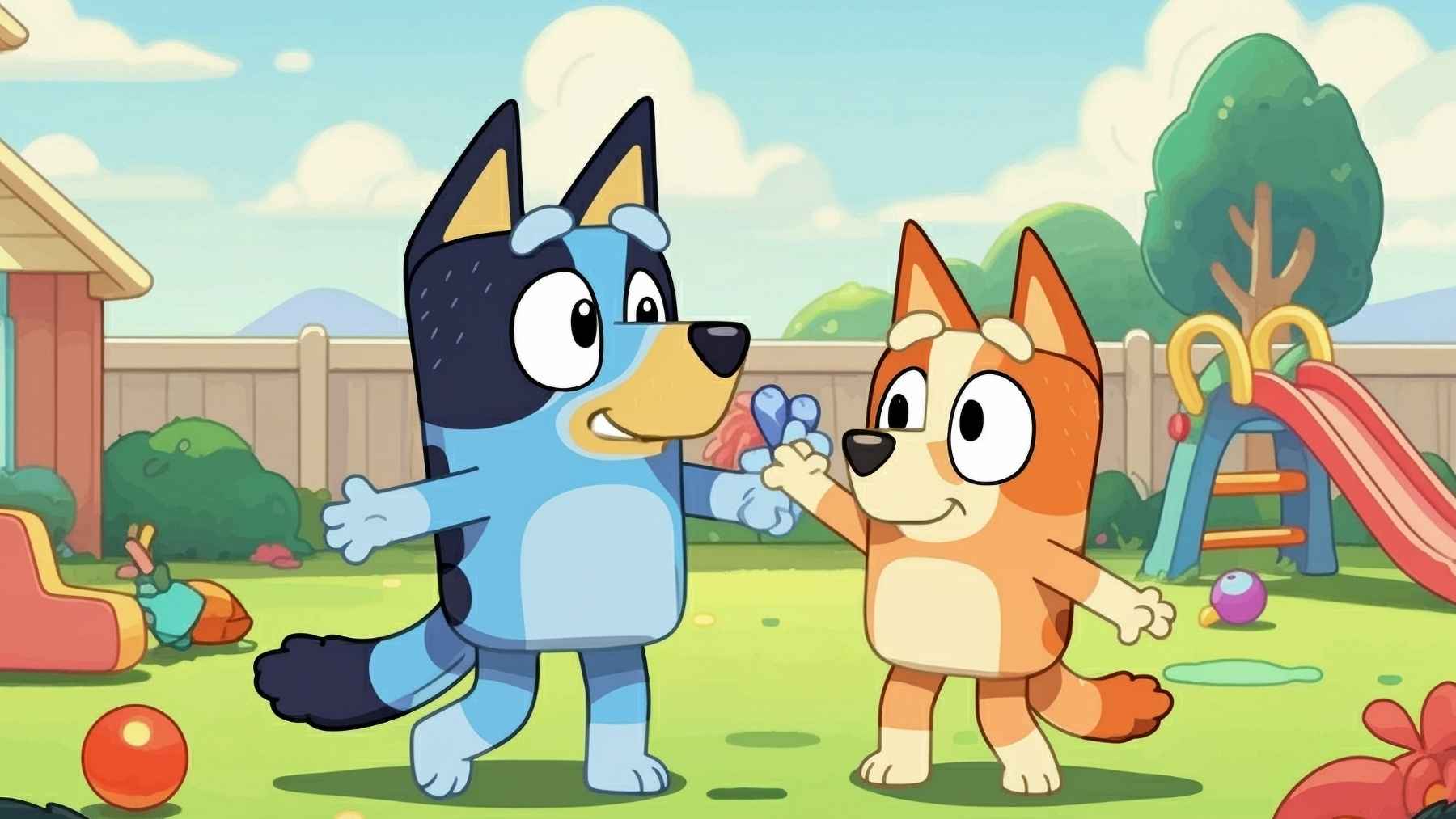According to an analysis published by The Conversation, which reviewed 150 episodes of the children’s show Bluey, this animated series stands out distinctly from other children’s programmes. Notably, it imparts valuable life lessons to help children cope with everyday situations.
Unlike many cartoons, where parents are often depicted as clueless or silly, the mum and the dad in Bluey are loving, involved, and empathetic. They work together to raise their kids as a team, imparting essential life skills. Here are some of the lessons in “Bluey” that help kids cope with life.
Cherishing and Putting Family First
The show focuses on the idea of a nuclear family in a way that feels both real and inspiring. The show is about more than just numbers and letters; it teaches lessons about emotional intelligence, sharing, and collaborating. Each episode shows a realistic part of daily family life, without making it seem boring or unpleasant. It even makes the challenging parts of family life seem special.
Learning Through Play
The analysis by The Conversation highlights an episode in which Chilli, the mother, explicitly asks for twenty minutes alone, teaching the children that it is normal for adults to need personal space. Later, when Bluey repeats her mother’s words during a game, the show illustrates the growing empathy of children and their ability to see things from another person’s perspective.
Bluey is a show that makes you laugh, but never at the expense of the parents. Moreover, The Conversation notes that ‘Bluey’ uses humour towards parents in a respectful manner, unlike other shows where parents frequently become the butt of jokes. For example, Bandit, the father, may appear silly during playtime with his daughters, but this is always portrayed as part of a healthy and joyful interaction that never diminishes his parental dignity. Consequently, the show models a healthy family dynamic in which parents are respected and loved.
Ultimately, Bluey is more than just entertainment. By using the show as a conversation starter, parents can help their children develop crucial social and emotional skills in a fun and engaging way. These skills are vital for a child’s development, helping them to become more empathetic, resilient, and well-rounded individuals.
Patience and Perseverance
The author of the article admits to looking up to the animated dog mum as a role model. The show beautifully teaches lessons about patience and teaching children. For example, in one episode, the mom is patient with her daughter who wants to help make breakfast, even though it creates a mess. This teaches that it’s essential to let children learn, even if it’s messy, especially when their motivation is to do something kind.
Also, in one of the episodes, “Takeaway,” the dad takes the girls to get takeout food; however, the situation becomes chaotic as the girls become restless because their food isn’t ready on time. Instead of getting angry, Bandit, the dad, models resilience by staying calm and present with the girls and even finds a way to engage them in a play despite the chaos they were causing. He adapts a way of making peace and a positive experience with his daughters, hence, shows that he remains patient and flexible in these unexpected challenges, which is an aspect of resilience in the show Bluey.
Building stronger relationships
In another episode, “Daddy Robot,” Bandit at first struggles to understand the game Bluey and Bingo want to play, hence tries to impose his own rules, however, eventually gives in and engages in their imaginative world. This not only makes the game fun but also shows the daughters how much the dad, Bandit, values their creativity and ideas, hence builds a stronger relationship by highlighting the importance of a parent listening to their children and reconnecting with them at their level.
The Inner Voice Listener
The show consistently teaches that it’s okay to have feelings and the first step is talking about them, in order to manage them. For instance, in “Yoga Ball,” Bingo learns to use her “big girl bark” to communicate her feelings of being overwhelmed when Bandit plays too roughly. This shows the importance of using words to express oneself and it’s a fundamental part of emotional regulation.
Bluey also uses imaginative play to help characters process their feelings. In the episode “Bad Mood,” Bingo personifies her mood by having Bandit act as her “Bad Mood” puppet, causing chaos. This playful approach allows her to internalize and work through feelings of frustration in a controlled way, hence teaching children that play can be a powerful and creative way to deal with difficult emotions.
Conclusion
Ultimately, the 150 episodes of “Bluey” show that is more than just a cartoon. It’s a powerful tool that helps parents and kids connect. It brings out a major difference in cartoons, especially in treating parents with decorum and parents understanding their kids, hence making the parent-children relationship fun and interactive. It successfully helps kids cope with life by teaching them healthy communication, essence of family, patience and resilience through relatable, everyday scenarios.

